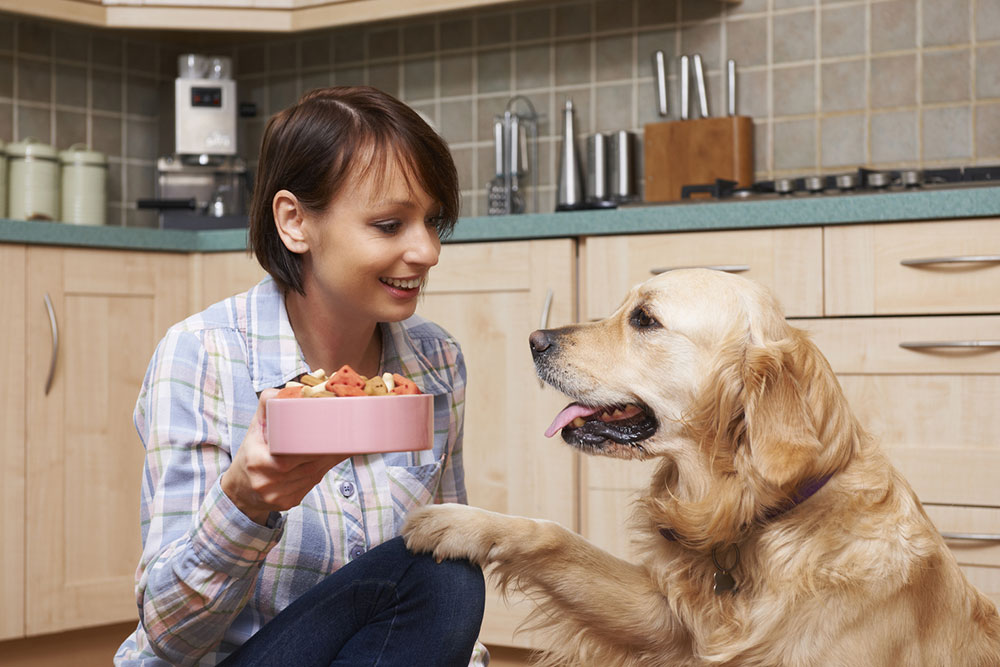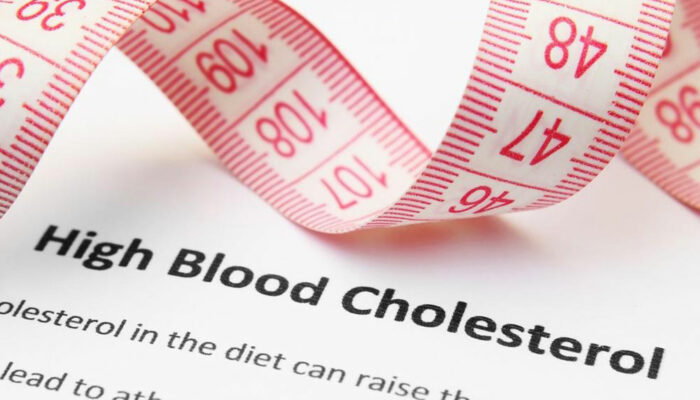
Common Symptoms of Food Allergies in Pets
Food allergies in pets can be terrifying! You can give your dog or cat something off of your plate or they may eat something that was floor score and all of a sudden, they’re sick! It can be hard to tell what caused the food allergy sometimes so you should give them one brand of food at a time for a few days until the sickness subsides.
Signs of food allergy in pets can be subtle to extreme. Below is a list of what to watch for when you believe your pet may have eaten something he or she is allergic to:
1. Vomiting
Vomiting can be the first sign your cat or dog has a food allergy. If your pet begins throwing up incessantly, it could be a more serious food allergy. Just like with cases of Parvovirus, vomiting can lead to dehydration. That is usually what takes its toll on the animal and leads to greater illness or even death. If your animal vomits more than once within a 6-hour time frame, seek veterinary treatment immediately. They may give your pet an IV to top up fluids if they feel it is warranted.
2. Itchiness
If your animal eats their food and shortly after starts scratching all over and biting at their fur, those could be signs of a food allergy. Animals with long hair may develop hives on their skin that may be hard to see. You can pet them and feel around and see if you feel any abnormal skin lesions or rashes. With short haired animals, the hives may be easier to locate. The hives will likely be red and bumpy. If your animal is constantly scratching, it can lead to loss of hair, infection, scabs, and scarring of the skin. Take your pet to a vet if you suspect your animal developed hives from a food allergy. He or she will likely be able to prescribe you an antihistamine that you can apply topically to relieve the itch.
3. Swelling
You may notice your animals face swollen to 3 times its normal size. In a bad case of food allergies, swelling can occur in the ears and in the pads of their feet. A small does of Benadryl has been known to help in cases like this, but always consult a veterinary professional first. If you talk to your vet, he may also prescribe a Corticosteroid. Depending on the symptoms your pet is showing, he may also need oxygen and to be monitored until a vet gives you the “all clear” signal. Food allergies in pets are very serious and if not treated immediately, in some cases, they could lead to death.
4. Trouble breathing
The most severe symptom an animal can develop as a sign of food allergies is breathing difficulties. In extreme allergy cases such as this a shot of epinephrine may be required as soon as possible. If you find your animal struggling to breathe or going into shock, this is an immediate sign to seek emergency vet care as soon as possible to prevent death.
Food allergies in pets can be tested for by veterinarians. As mentioned before you may also try the process of elimination and only feed them a certain brand of food at one time. It is important to watch your pet to be aware of their behavior after they eat. If they’re reaction is abnormal, go with your instincts and seek veterinary care right away.



